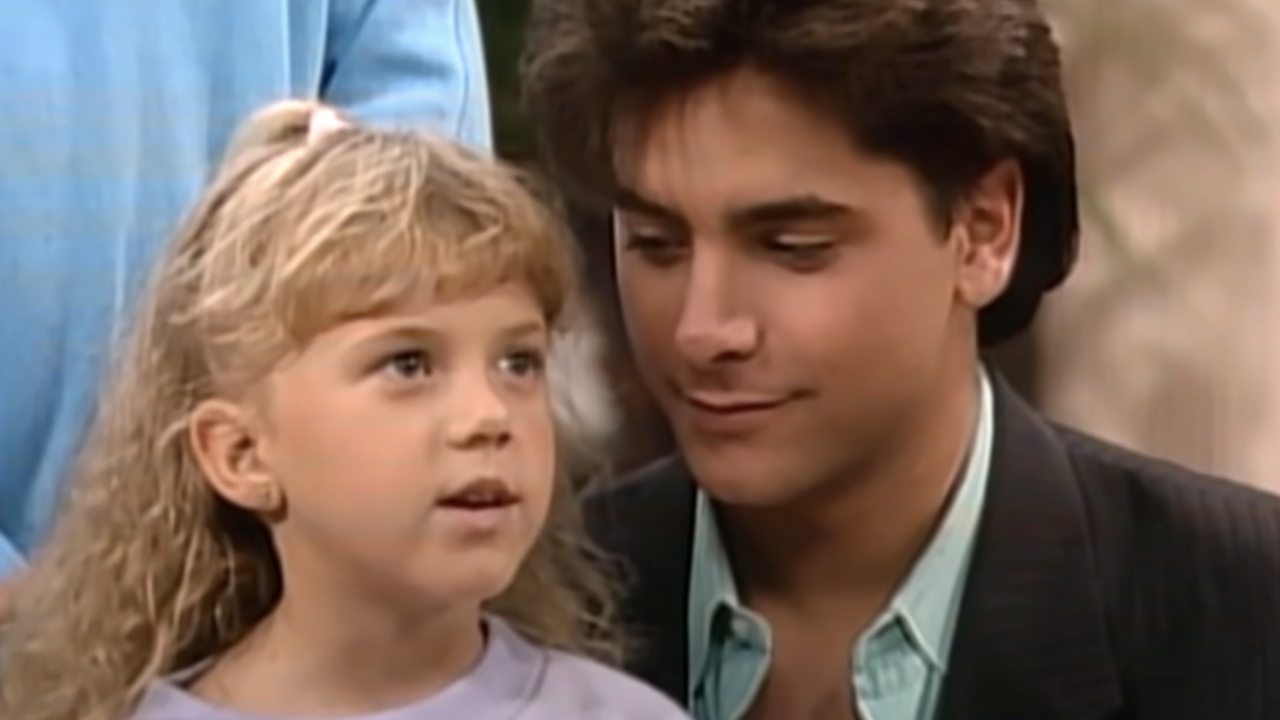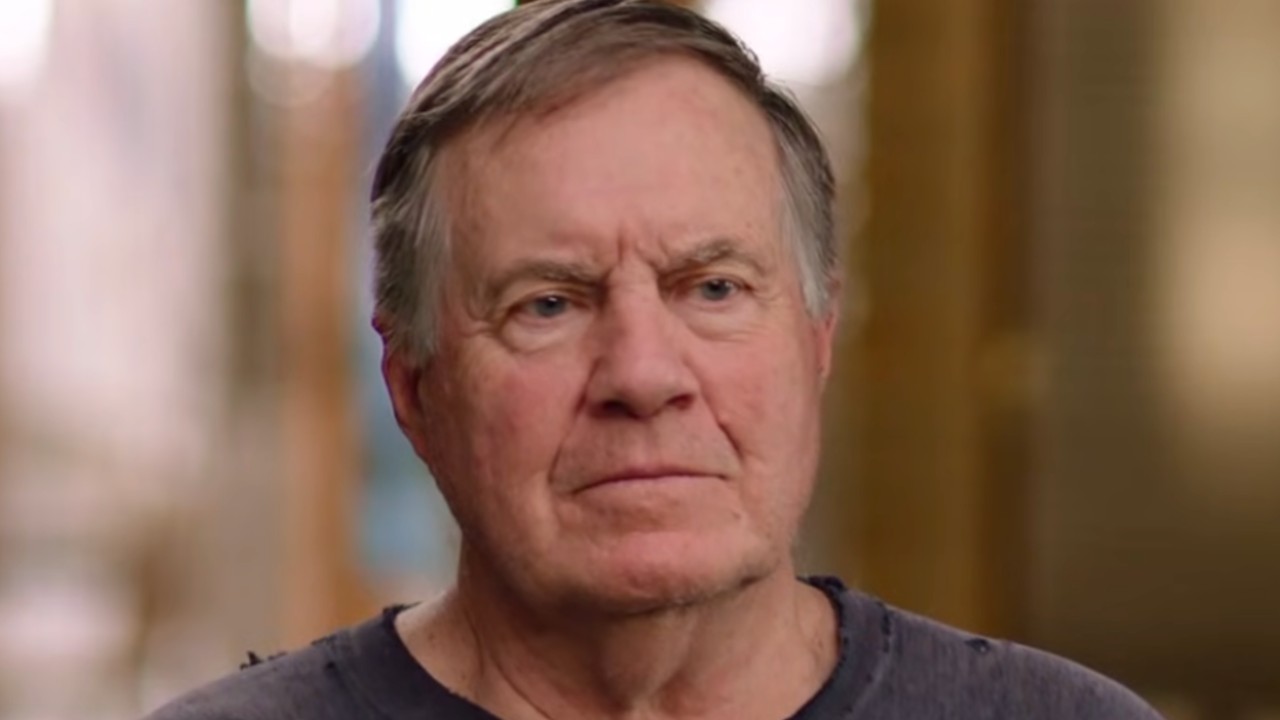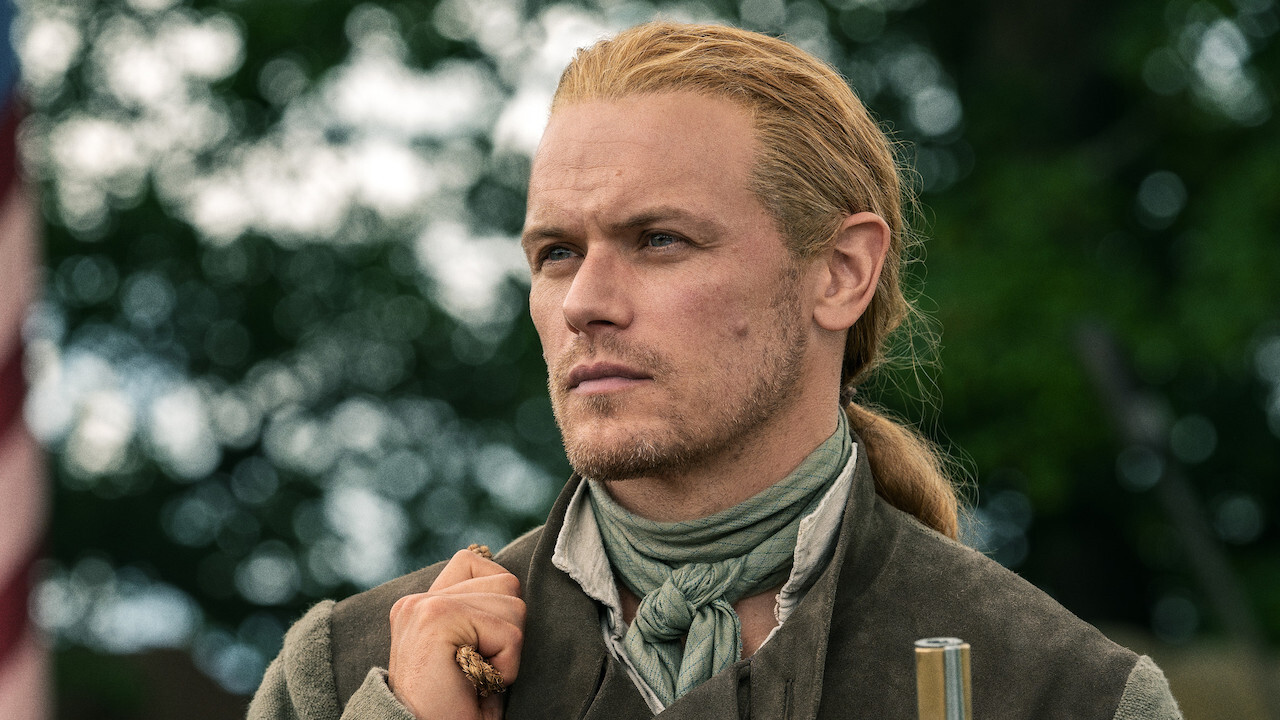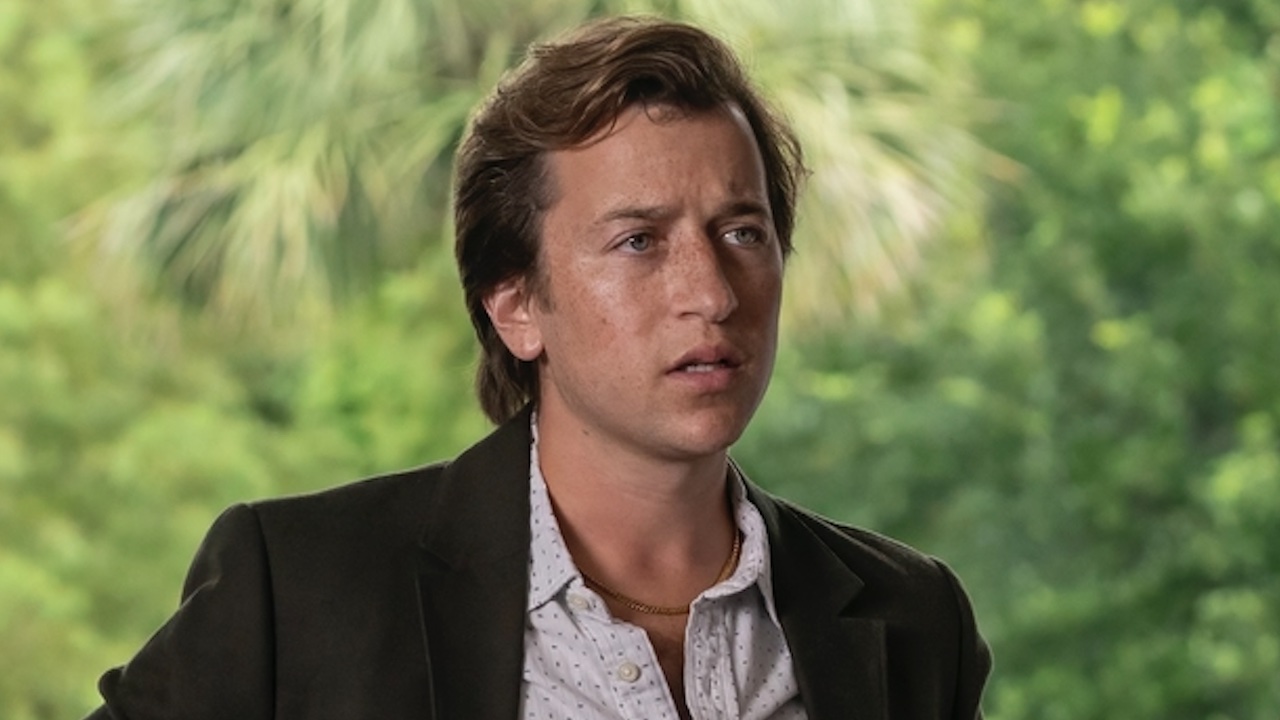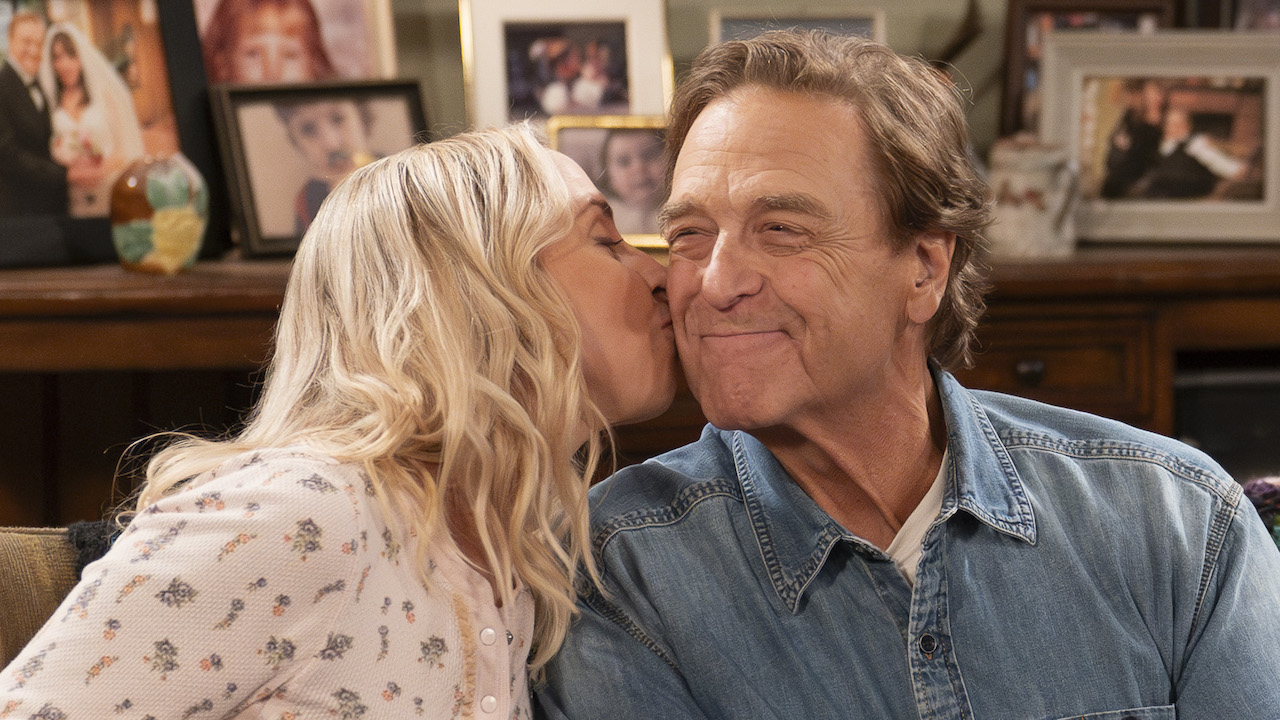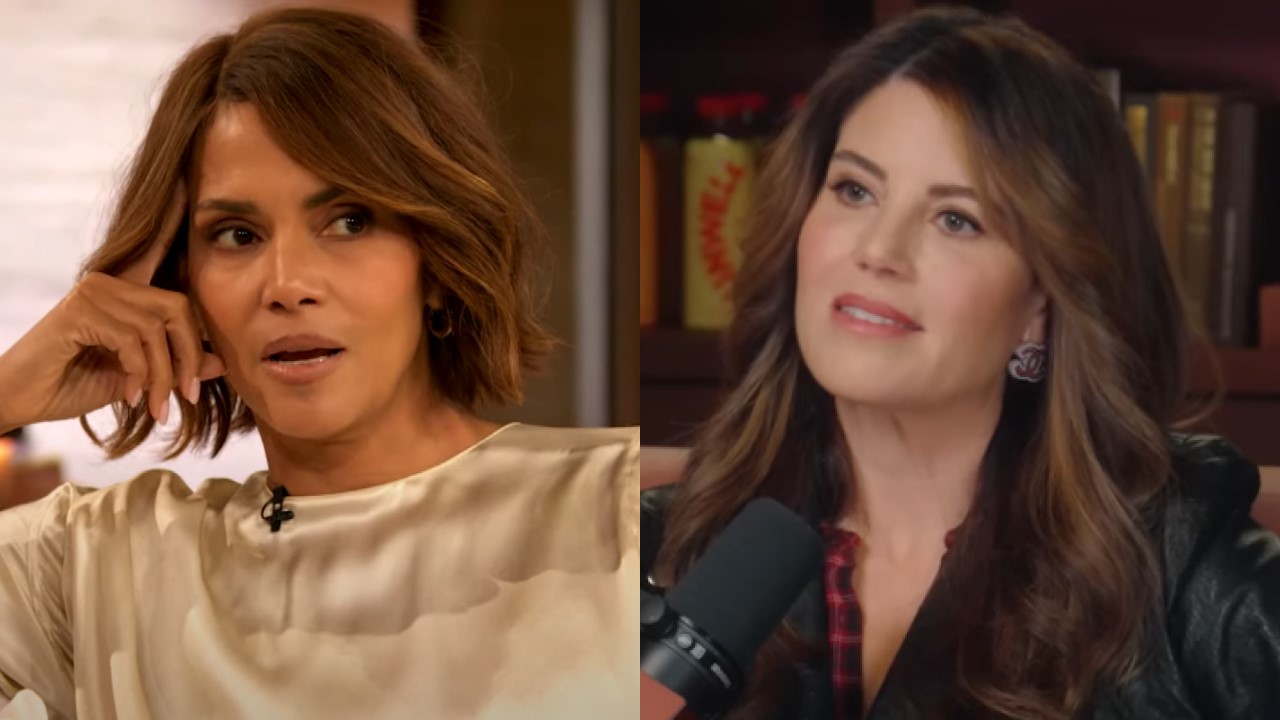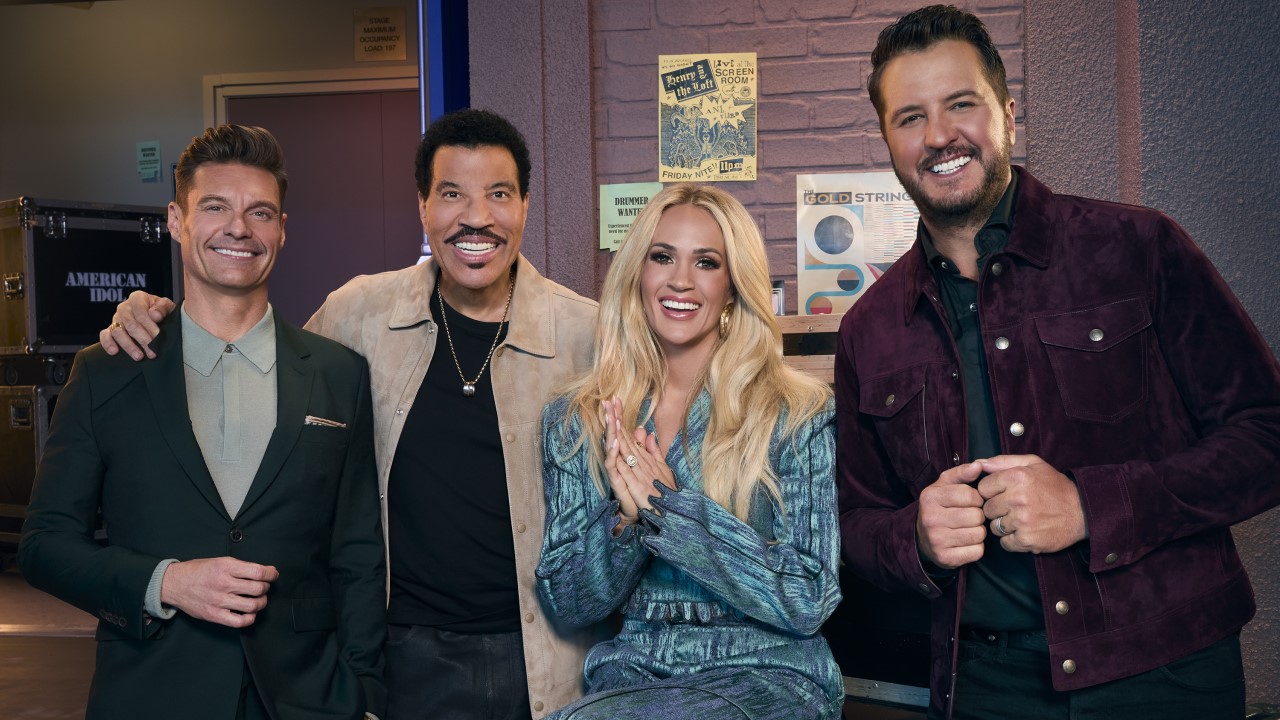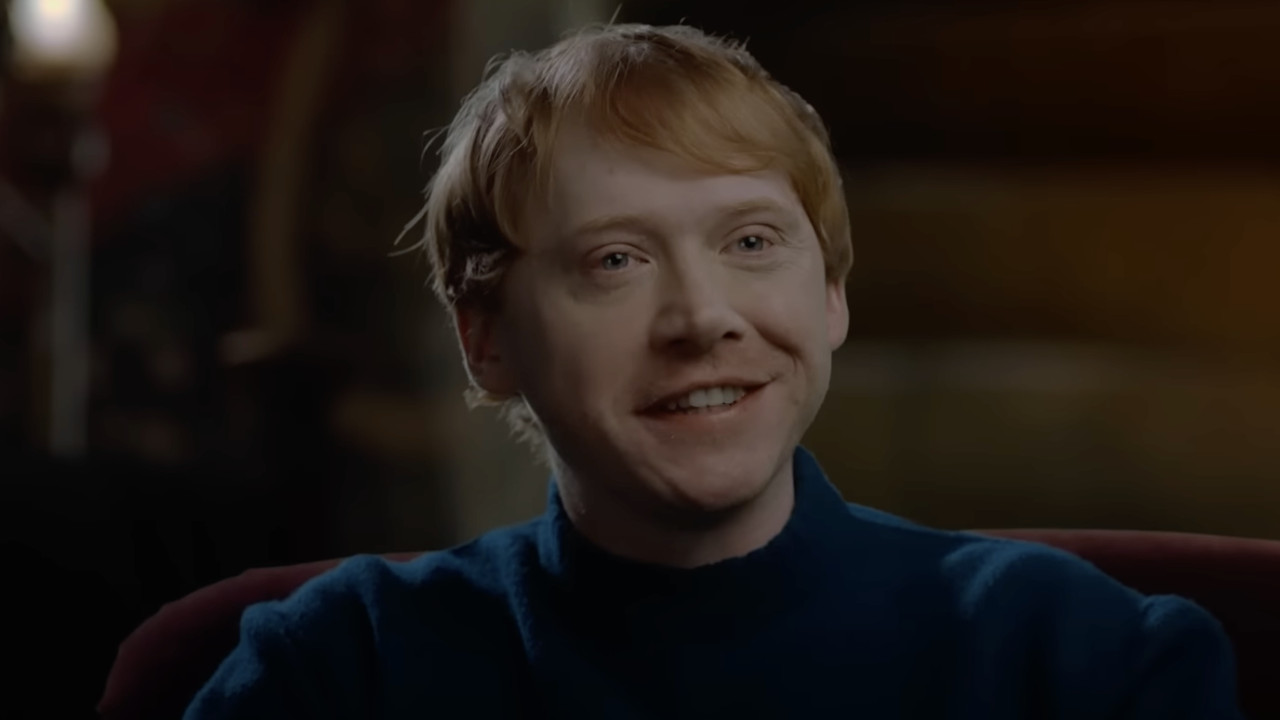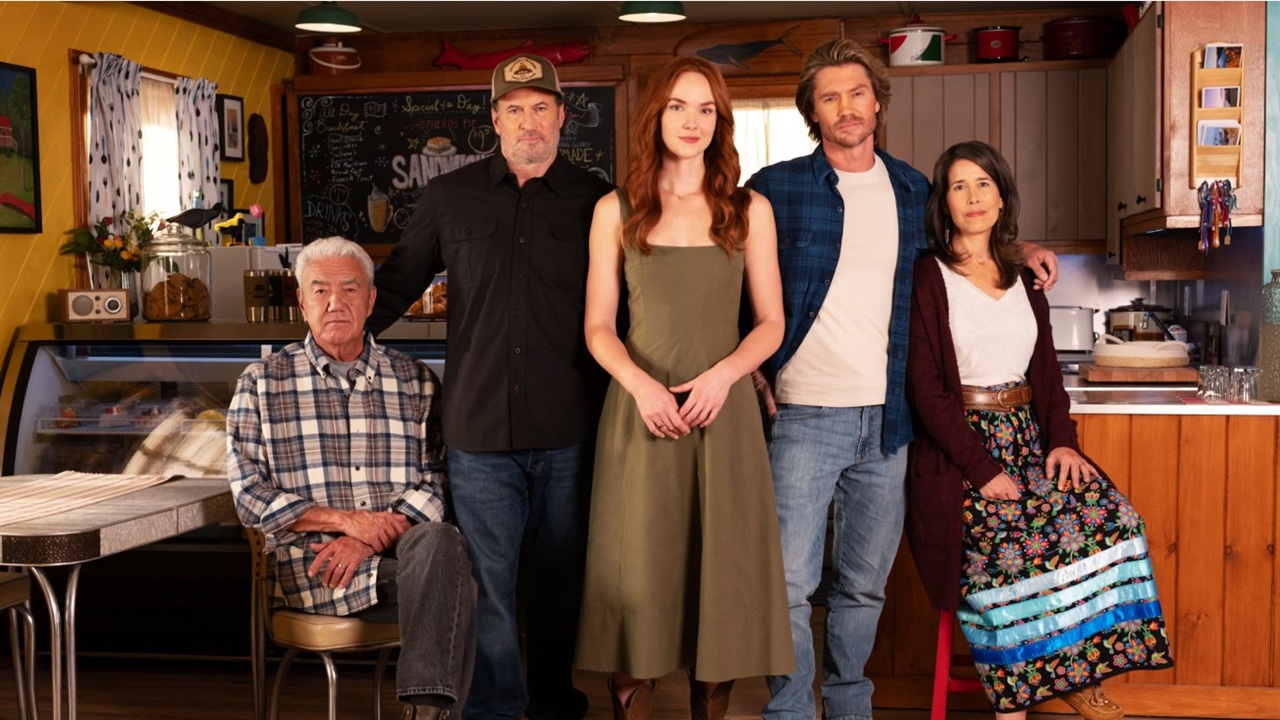Vinyl Review: HBO's Frantic New Series Will Leave You Wanting More
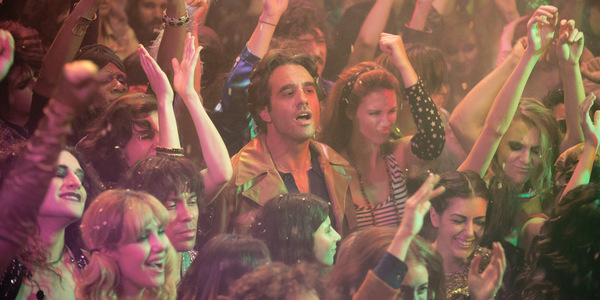
HBO can always be counted on to discover and cultivate interesting and atypical television shows, and the cable network may have found a winner with new series Vinyl. The first episode was like a rock concert, offering a sensory overload of loud music, flashing lights, and a decent rhythm mostly connecting disparate parts together. You might have a little bit of a headache at the end, but you’d still do it all over again.
Set in the early 1970s, Vinyl follows the story of record executive Richie Finestra (Bobby Cannavale) and his partners Zak Yankovich (Ray Romano) and Skip Fontaine (J.C. MacKenzie), who are trying to sell their record company American Century to a German buyer. Richie is torn between the financial gains of a sale and his love of record producing (which includes flashbacks to his early days as a manager of talented blues singer Lester Grimes (Ato Essandoh)). Richie’s wife Devon (Olivia Wilde) is supportive of her husband’s endeavors but is firm that he must keep clean and stay on the wagon. Unfortunately, the demands of recording artists and radio bigwig Buck Rogers (Andrew Dice Clay) get Richie into some big trouble that leads him to a major epiphany... one that jeopardizes everything. At American Century, assistant Jamie Vine (Juno Temple) struggles to make her break into the A&R department.
Vinyl has been brought to the small screen thanks to a collaboration between Terence Winter of Boardwalk Empire, music legend Mick Jagger, and master director Martin Scorsese, so it’s no surprise that the first episode offers the same appeal as a concert. Directed by Scorsese himself, there was such a cinematic quality to the entire 110 minutes that it was easy to forget that it was only the beginning of a series set to last for ten episodes. The music ranged from memorable songs of the 1970s to newer songs that fit the era, and the combination created a sense of freshness as well as familiarity.
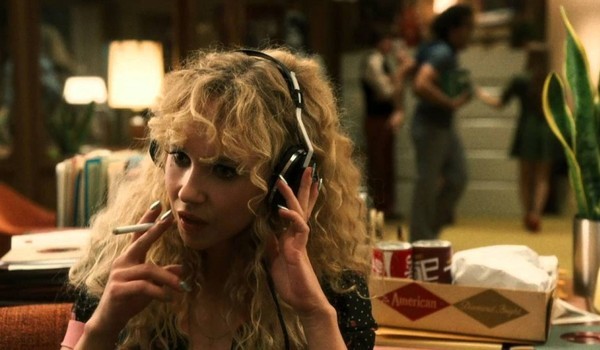
Gorgeous and stimulating as the episode was, however, there were some problems to the narrative structure that were hard to ignore. A framing device in the opening scene was a great hook, but there was not enough of a build to that particular plot throughout the episode to feel as though the drama was entirely earned by the end. The episode was frankly just too long at 110 minutes and would have been better if it had either been seriously trimmed down or split into two separate installments. A sensory overload can be great, but nearly two hours of it was exhausting.
The music was varied and often bombastic, but it also overtook the actors at key moments in the episode so that it was easier to connect with the tunes than it was with the characters. That said, the music does show masterful mixing that could not have been brought to the series by anyone with less experience than Mick Jagger. His tonal touch was as present to the episode as Scorsese’s visual cues, so at least the musical moments that strayed from overloading into overwhelming were of high quality.
Luckily for the moments in which the characters were not overtaken by the music, the performances from the principal actors were remarkably engaging, particularly Bobby Cannavale as Richie Fenestra. The series would have failed right out of the gate unless the lead could tackle the nuances of the character as an aging music executive, as well as the flashes back to his early days in the biz, and Cannavale embodies both aspects of Richie Fenestra wonderfully. Olivia Wilde looks a bit too young to be Richie’s wife and the mother of his two children, but she shows signs of a wider range for material with more depth than just Mrs. Fenestra. Ray Romano is almost unrecognizable in his 1970s hair and fashion, but he delivers a performance that manages to ground some of the fantastical.
The first episode of Vinyl was solid enough, but it was so full of sights and sounds and flashing lights that 110 minutes were too much for the story to sink in as much as a leading installment should. The episode pales somewhat once the all of the loud and bright stuff fades, but it's impossible not to want to feel that overload again.
CINEMABLEND NEWSLETTER
Your Daily Blend of Entertainment News
Rating:

Fortunately, I was able to see more than just the first episode of Vinyl, and the balance between sensory stimuli and narrative structure get much better with the later, shorter episodes and slower pace. The plot gets time to breathe, and the musical numbers add to the story rather than take it over. Cannavale shares the spotlight with his fellow actors more as the series progresses, and so the world of Vinyl feels much fuller.
All in all, Vinyl is worth checking out and definitely intriguing enough to warrant coming back for more. You may want to bust out the air guitar and/or air drums, but that’s certainly not a bad thing when it comes to the world of the music biz in the 1970s. It’s a show filled with drugs, sex, and an ever-present cloud of cigarette smoke, but there’s more to it than spectacle.
Be sure to check out the premiere of Vinyl on February 14 at 9 p.m. ET on HBO. You might be a little bit dizzy afterward, but you’ll definitely want to tune in for the next episode.

Laura turned a lifelong love of television into a valid reason to write and think about TV on a daily basis. She's not a doctor, lawyer, or detective, but watches a lot of them in primetime. CinemaBlend's resident expert and interviewer for One Chicago, the galaxy far, far away, and a variety of other primetime television. Will not time travel and can cite multiple TV shows to explain why. She does, however, want to believe that she can sneak references to The X-Files into daily conversation (and author bios).
